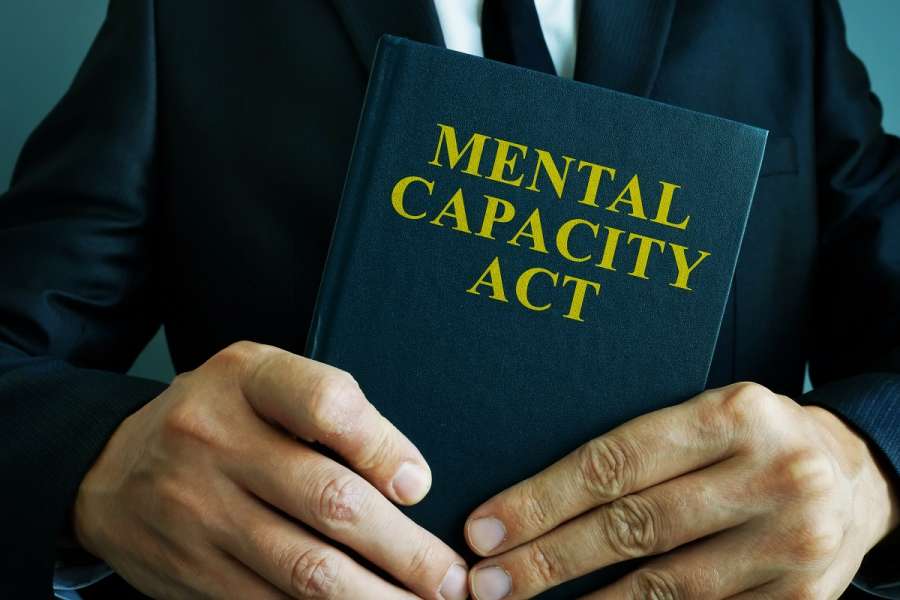Sometimes, a dispute can arise as to the validity of a will.
A will can be challenged on one or more of the following grounds:
- Lack of proper execution – e.g., not signed or witnessed;
- Lack of the necessary mental capacity – discussed below;
- Lack of knowledge and approval of the contents of the Will;
- Undue influence – that the testator’s mind was so dominated that their decisions were not truly their own; and
- That it is a forgery or a fraud.
If the validity of a will is challenged, the courts can ultimately determine whether or not the Will was validly executed. If the court finds that the Will is not valid, its terms do not have any legal effect, and the estate will be administered in accordance with the previous valid Will or the intestacy rules.
This sort of issue can engage emotions, as well as grey matter.
Often, sound legal advice can help translate a mountain of worry into a much more surmountable problem.
To be clear, what follows is not an exhaustive summary of the law or formal legal advice.
But hopefully, it might help the reader to understand the basic issues in an argument over the validity of a will on grounds of mental capacity.







